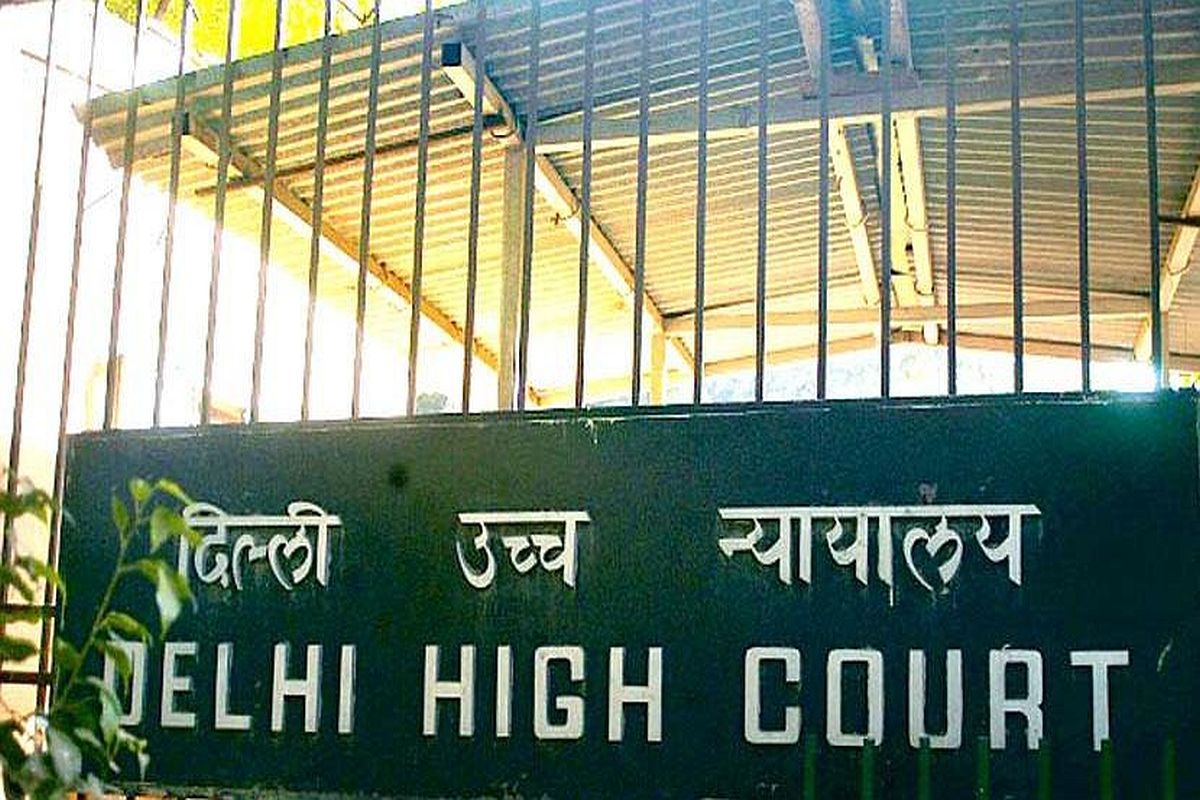The Delhi High Court on Tuesday ruled that there was no irregularity in the appointment of Gujarat-cadre IPS officer Rakesh Asthana as Delhi Police Commissioner and also the petitioner could not remotely demonstrate any blot on his service career, as it dismissed a PIL challenging his appointment.
A bench of Chief Justice D.N. Patel and Justice Jyoti Singh said: “In view of the aforesaid conspectus of judgements, expounding the principle of contemporanea expositio, we do not find any irregularity, illegality or infirmity in the action of Respondent No 1 (Centre) in appointing Respondent No 2 (Asthana), following the procedure followed for nearly over a decade.”
Advertisement
The high court also ruled that Centre has power, jurisdiction and authority to make inter-cadre deputation of officers in public interest and the Supreme Court’s judgements in Prakash Singh case on appointment of police heads would not apply to Union Territories. The court junked petition against Asthana’s appointment as Commissioner of Delhi Police on July 27, just before his superannuation on July 31. “We see no reason to interfere in the decision of granting Inter-Cadre deputation to Respondent No 2,” it noted, in its 77-page judgment.
The bench noted that counsel challenging Asthana’s appointment have not been able to make out a case calling for court’s interference or even remotely demonstrated that there is any blot on his service career, making him unsuitable for the post of Commissioner of Delhi Police.
The bench also emphasised that Delhi, has a unique requirement – having witnessed several untoward incidences and extremely challenging law and order situations/riots/crimes, which have an international implication — which was taken into account, while appointing an experienced officer possessing diverse and multifarious experience of heading a large para-military security force, apart from other factors.
The bench further added it is imperative that “free movement of joints” is given to the Centre for the appointment, keeping in mind the complexities obtaining in the capital.
The petitioner, Sadar Alam, had alleged that inter-cadre deputation of Asthana from Gujarat to AGMUT is violation of a 2004 order. The bench observed it did not find any illegality as there is a power vested in the Central government to grant relaxation to it.
The petitioner’s counsel had contended Asthana’s appointment was made in violation of the directions issued by the Supreme Court in Prakash Singh’s case I and II.
Solicitor General Tushar Mehta, representing the Centre, had submitted that directions issued in Singh’s case are applicable in respect of appointment of DGP of a state/chief of the police administration of the entire state and have no application for appointment to the post of police head of a Union Territory, falling under the AGMUT Cadre.
The bench said: “We have carefully perused the Guidelines and are clearly of the view that the procedure detailed therein concerns the appointment of DGP of a State and do not concern themselves with appointment of Police Commissioner/Head of the Police Force in the Union Territories, having a common AGMUT Cadre.”
The court also accepted Centre’s contention that as many as eight erstwhile police chiefs in Delhi, have been appointed since 2006, by following the same procedure as done in case for Asthana. The Centre said the appointment was made in accordance with statutory procedure prescribed under the Delhi Police Act, 1978 read with Transaction of Business of GNCTD Rules, 1993 either by UPSC or any other party.
The court did not find flaw in Mehta’s and Asthana’s counsel that public interest litigation cannot be entertained in a service matter. Advocate Prashant Bhushan appeared for an intervenor, NGO Centre for PIL (CPIL) in the matter.











